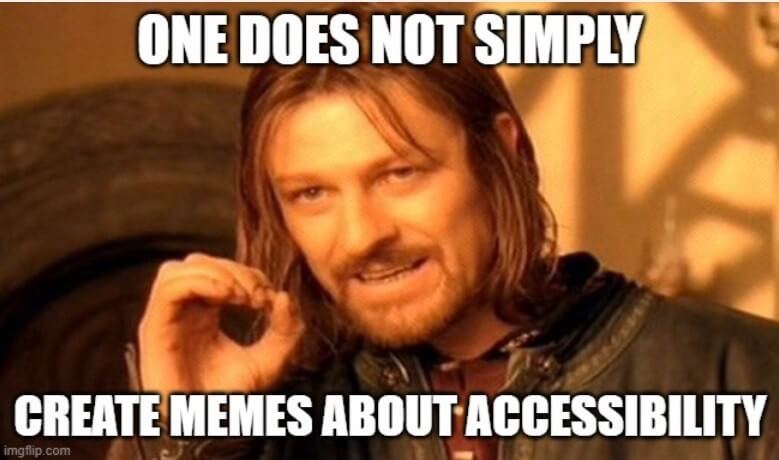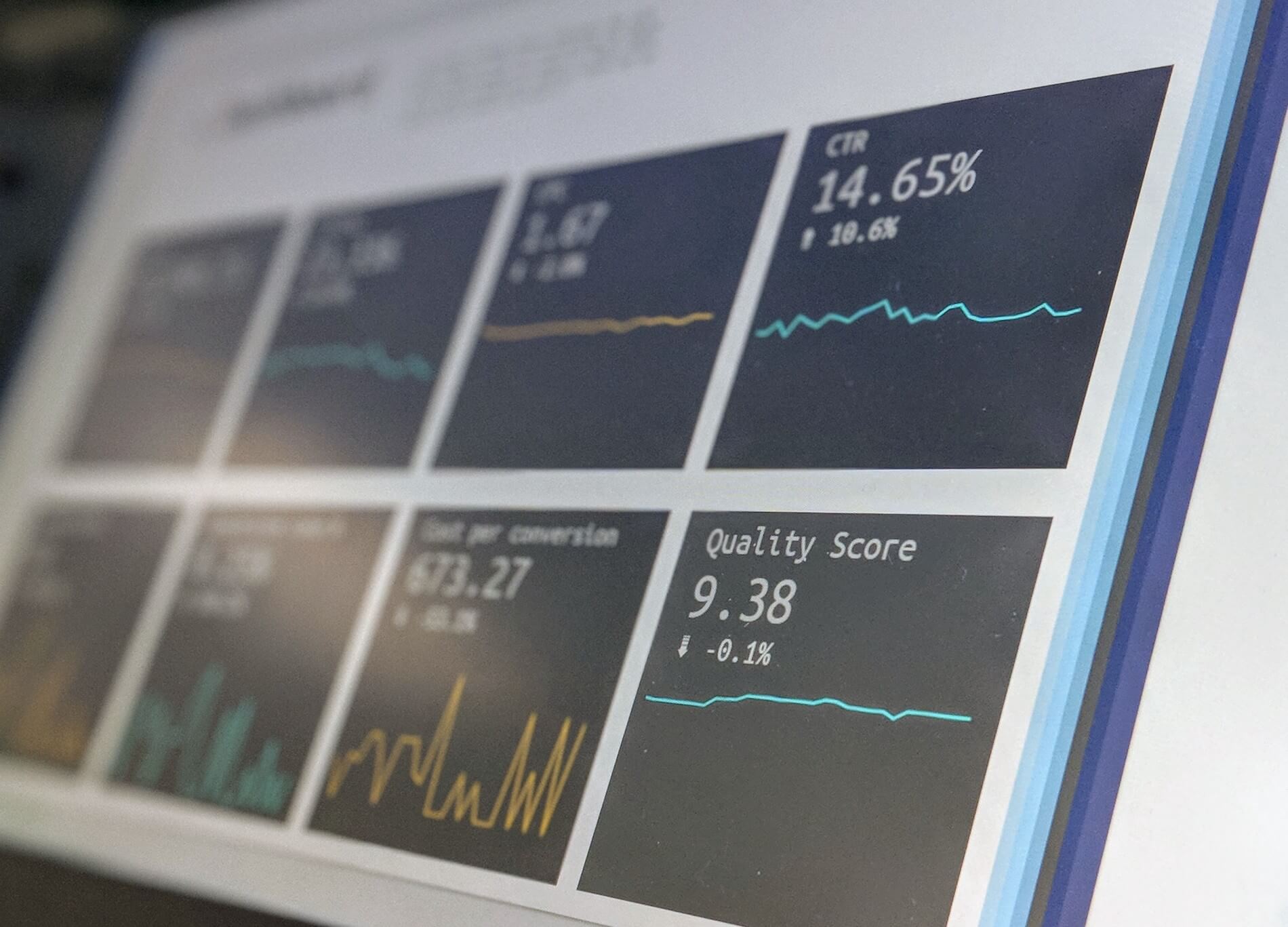PwDs are 18 % of the population and 9.5 % of the workforce. Here’s how not to illegally jerk them around during the recruiting process. Note: every “bad” HR behavior listed in this article, I have had personally happen to…
Twitter and Inaccessible “Voice Notes”
I am so <bleeping> over apologies from companies for ableist behavior. Once upon a time (in tech, this is maybe 2–3 years ago), Twitter actually cared about accessibility. For a while, they were the preferred social media platform for people…
My favorite books on accessibility and related topics
Since I’m wrapping up authoring my first book on accessibility, I’ve been reading a lot. Here are my thoughts on the most impactful books I’ve read recently What I included and what I didn’t I only included books that I’ve…
Accessibility Memes
When I took a management class at VMware about nine months ago, part of the course was analyzing our “Via Institute on Character” results. Recently, Via Institute reached out to me and asked if I would retake the analysis for…
No, you are not entitled to pick my brain for free
I am under zero obligation to provide you a “teachable moment” An acquaintance of mine posted on LinkedIn that her company had recently joined a leadership organization on disability. I was intrigued, so I clicked on the link to see…
Can an ADA lawsuit be filed against a company located outside the US?
The answer is yes — and here is a case to watch that is going to test that theory, at least in one state Remember, this is NOT legal advice. If you find yourself in this situation, you need to…
Why Accessibility is a Good Career Choice for Women with Disabilities
20 % of PwDs have lost their traditionally lower-paying jobs as part of COVID closures. Why not start over and train for a higher paying job in accessibility? People with disabilities have always been on the outer fringe of employment.…
People with disabilities control $8 trillion in spending
That figure is enormous and is hard to understand until it is explained in terms of other things. I use the figure “$8 trillion” in many of my accessibility training sessions as the value of the global disability purchasing market.…
An award-winning business product that is the opposite of inclusion
If you work for an American company that prides itself on inclusion, stay away from Q.workntine or anything like it unless you like getting sued. On paper, “Q.workntine” is the kind of innovative product people fawn over, and investors throw…
John Maeda’s 2020 CX Report and Accessibility
The report doesn’t directly address people with disabilities and CX. Here is the TL;DR version of how to align his main points with your accessibility initiatives Read John’s Medium article here with links to his short, medium, and long videos delivering…









